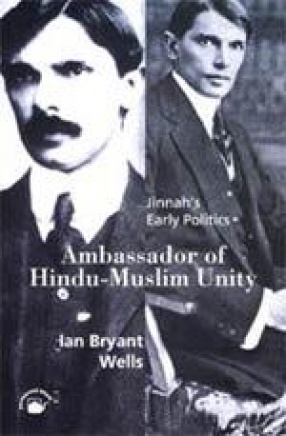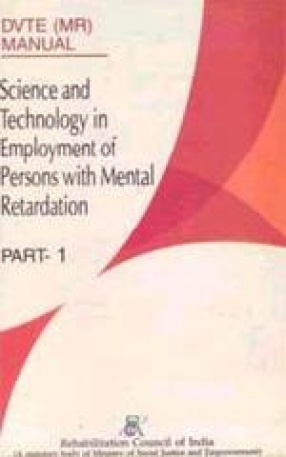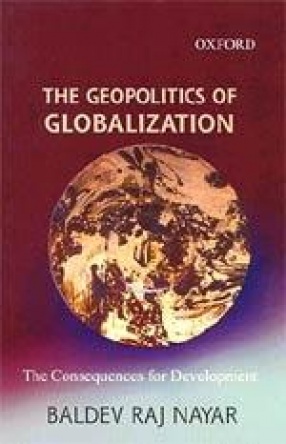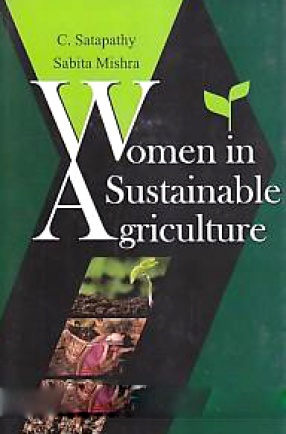This book analyses the development of Jinnah’s relationship with India’s Muslims from his entry into politics until 1934. It seeks to establish that a dominant view of Jinnah – namely that he was an ambassador of Hindu-Muslim unity in the 1920s who became a communalist in the 1940s – is far from the truth. Ian Wells shows that the ‘two Jinnahs’ approach oversimplifies the trajectory of a complex and evoloving political thinker and strategist. The primary changes in Jinnah’s politics, he suggests, were the strategies Jinnah employed to achieve his goals rather than the goals themselves. Among the facets of Jinnah’s political thought and career analysed here are various other settled perspectives on Jinnah: his ‘elitism’ and distance from mass politics; the effect on his work of an intellectual genealogy from the Liberalism of Morley on the one hand and the constitutionalism of Gokhale on the other; his view of secularism, religion and the religious community; his relations with Gandhi, Motilal and Jawaharlal Nehru, Willingdon, Ramsay MacDonald and Irwin; his attitude to the Rowlatt Act, the Khilafat Movement, and non-cooperation; and his complex, troubled relations with other nationalist Muslim leaders. This book will interest all historians of modern India and nationalist politics, as well as those who find Jinnah an intriguing and fascinating contrast to Mahatma Gandhi and Jawaharlal Nehru.
Science and Technology in Employment of Persons with Mental Retardation (In 2 Parts)
"A book that fills the ...
$47.70
$53.00





There are no reviews yet.